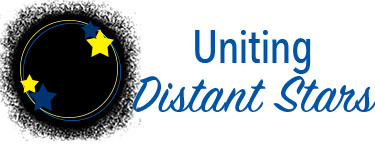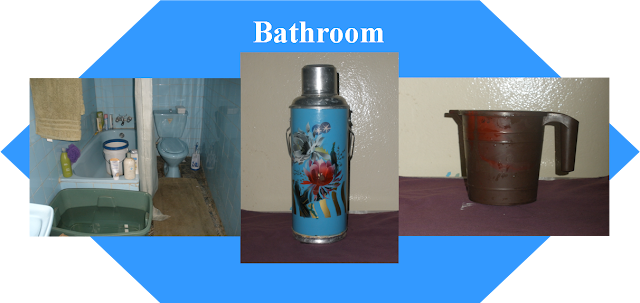So, let’s take a moment and imagine that we are a teenage girl in sub-Sahara Africa getting up at the crack of dawn to fetch our family’s daily water supply. We leave our mud hut with a 5-gallon jug balanced on our head and start our long journey to the nearest river which is five miles away. As we take a deep sigh knowing this is just the first leg, because we need to repeat it three more times to get our family’s daily allotment for cooking, bathing, washing clothes and drinking. As we take our subsequent trips, our pace begins to slow from the burning heat of the blistering sun. Soon the weight from the water sloshing back and forth in the bucket is taking a toll on our arms, legs and back. The river that we hauled this water from may not be free of contaminants thus putting our family at risk of being infected by a water-borne disease such as cholera.
Now you have contemplated the realities of countless women and girls around the world, who fetch a mere fraction of what we use in water on given day. What if we truly walked in their shoes? Would we let the water run while we brush our teeth or turn on the shower then go do something else? Would we worry about watering our lawns or washing the dirt from the siding of our house? These are important questions to ponder the next time you reach for the faucet.
From living in Liberia for two separate years, I have learned to appreciate the value of water. The picture collage below is of my bathroom in the house I rented in 2009 to 2010. Unlike most people in Liberia, I was blessed to have a bathroom in my house. Though it had no piped in water, the water I used was fetched from the well next door at the landlords. In the picture on the left, the green storage bin held the water for bathing and flushing the toilet. The white 5-gallon bucket in the tub is what I used for bathing. The middle picture is what I call my water heater, because this thermos contained the hot water I would use for my daily bath. The picture on the right it what I like to refer as my shower head, because I dipped this in the bucket and poured the water over my head to rinse. Since I was not sure if the water was treated, I poured a cap-full of a liquid antiseptic into my bucket before bathing. Additionally, I drank and brushed my teeth with bottled water. Compared to most Liberians, my inconvenience was bearable and made me aware of how lucky I was to have running water in my home country.
Fortunately, most of us in the developed world have piped in water that we can use with minimal interruption. Unfortunately, we usually take this life-giving resource for granted and allow it to be wasted. Though we possess the knowledge that water covers about 70% of the earth, we fail to realize that potable (i.e. drinking) water only represents less than 3% of this vast supply and it is being rapidly depleted in areas such as the Ogallala Aquifer. Many of these fresh water sources are continually contaminated and polluted from various human activities such a manufacturing and agriculture. So, as another World Water Day has moved on, can we take this shared precious resource for granted anymore?

